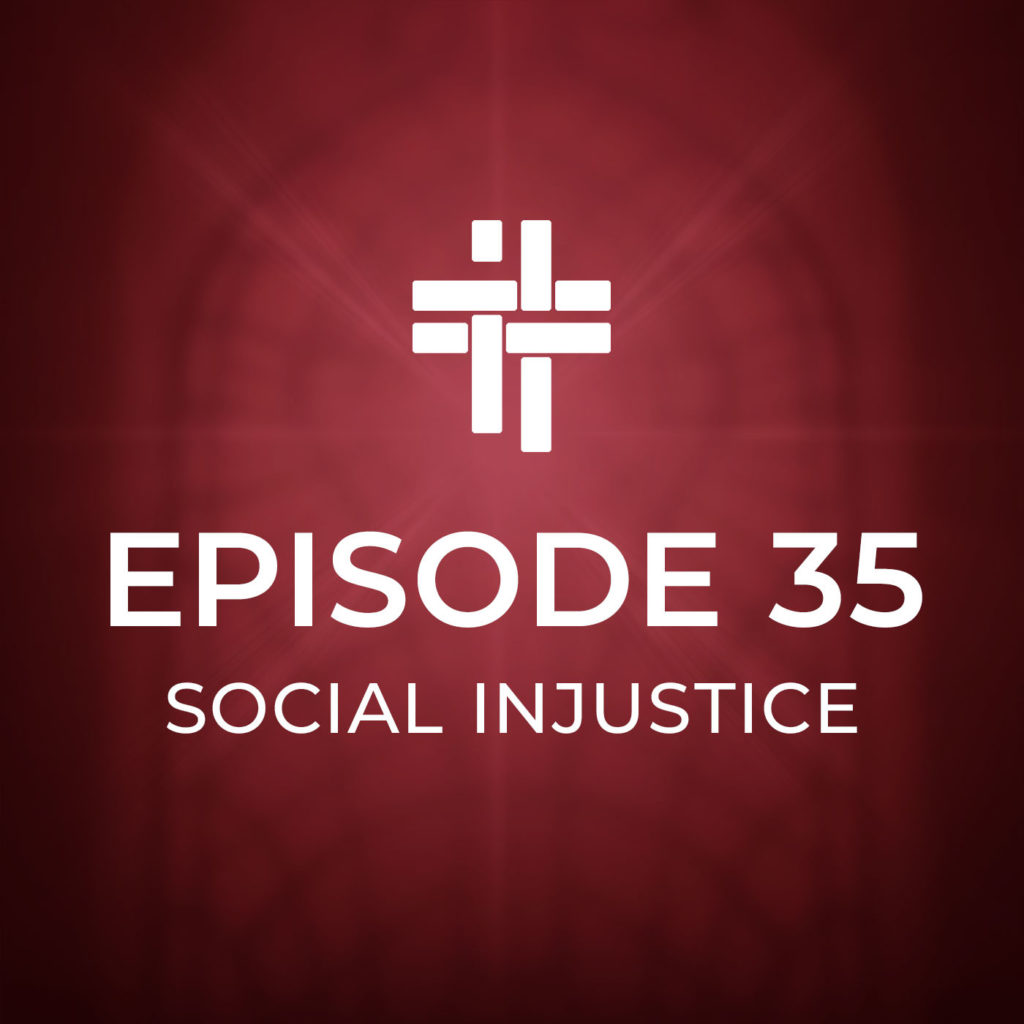Non-faith-based versions of Social Justice, versions that advocate identity politics and victimhood, tend to promote division and conflict. Instead of focusing on collaboration, consensus, and unity — they focus on differences.
Podcast: Play in new window | Download (Duration: 9:07 — 12.5MB) | Embed
Subscribe to the podcast
Credits
“Angel Share” and “On My Way” Kevin MacLeod Licensed under Creative Commons: By Attribution 3.0 License


